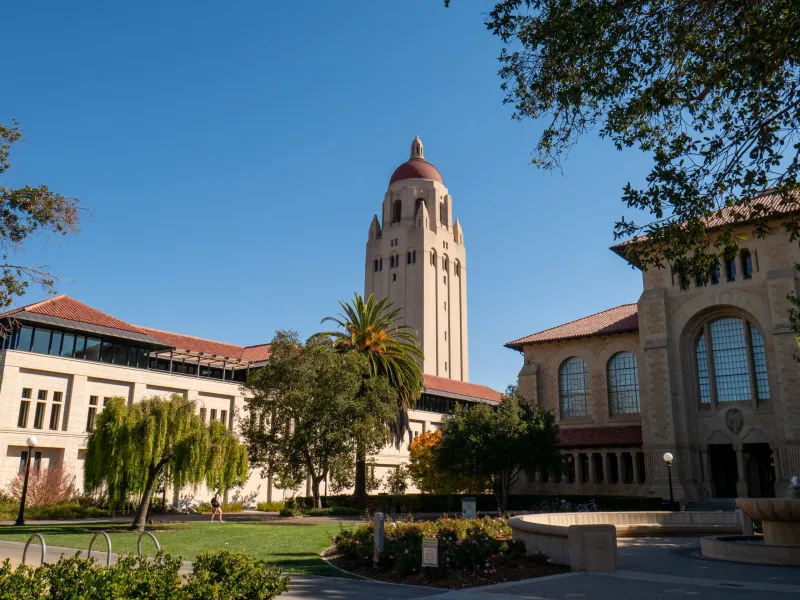Stanford will provide additional funding and resources to student staff, neighborhood community councils and substance-free events to combat substance overuse, according to a Monday email from Senior Associate Vice Provost and Dean of Students Mona Hicks and Director of Vaden Health Services Jim Jacobs.
The announcement follows a series of concerns raised by student residential staff, the Associated Students of Stanford University (ASSU) and resident fellows about the rising rates of alcohol and drug abuse at Stanford. The concerns come after the implementation of a new drug and alcohol policy on campus, which some students saw as detrimental to student safety.
Hicks and Jacobs touched on the worries in the email, writing that they found students may feel an inclination to hide substance overuse because they fear potential administrative repercussions.
“We’ve heard from students and others about students who may not seek help when they need it because they worry about being held accountable for a policy violation,” Hicks and Jacobs wrote.
Hicks and Jacobs wrote that the University will also provide additional funding and promote substance-free events such as Cardinal Nights to help support alternatives to weekend parties that can foster substance use. They added that Stanford “will be engaging experts” to perform an external review of students’ behavior with respect to drugs and alcohol.
The email also referenced initiatives that Stanford launched during fall quarter to combat substance abuse and other surrounding dangers, including alcohol and drug peer counseling, sober monitoring and bystander intervention training, the substance-free Well House and the Collegiate Recovery Program.
The University reiterated its commitment to provide the 5-SURE on Foot program, which aims to prevent dangerous situations during party nights through peer bystander intervention, and 5-SURE Safe Rides, a free, campus-wide security escort and transportation service.
“We are encouraged by what’s working well, and energized by the commitment of students like everyone who has made Well House and PEERs real and relevant,” Hicks and Jacobs wrote. “At the same time, we acknowledge that we need to continuously assess our progress and approaches toward the goal of mitigating high risk behaviors and keeping our community safe.”
